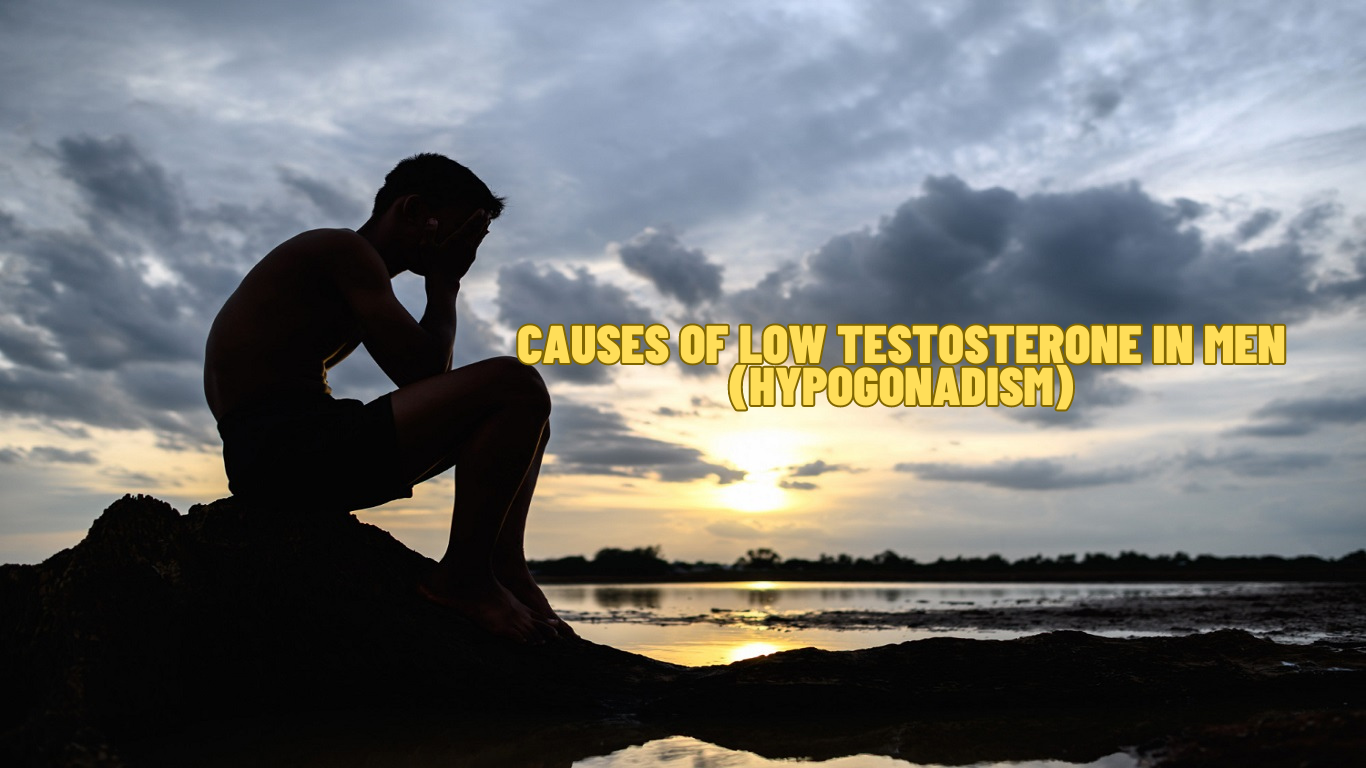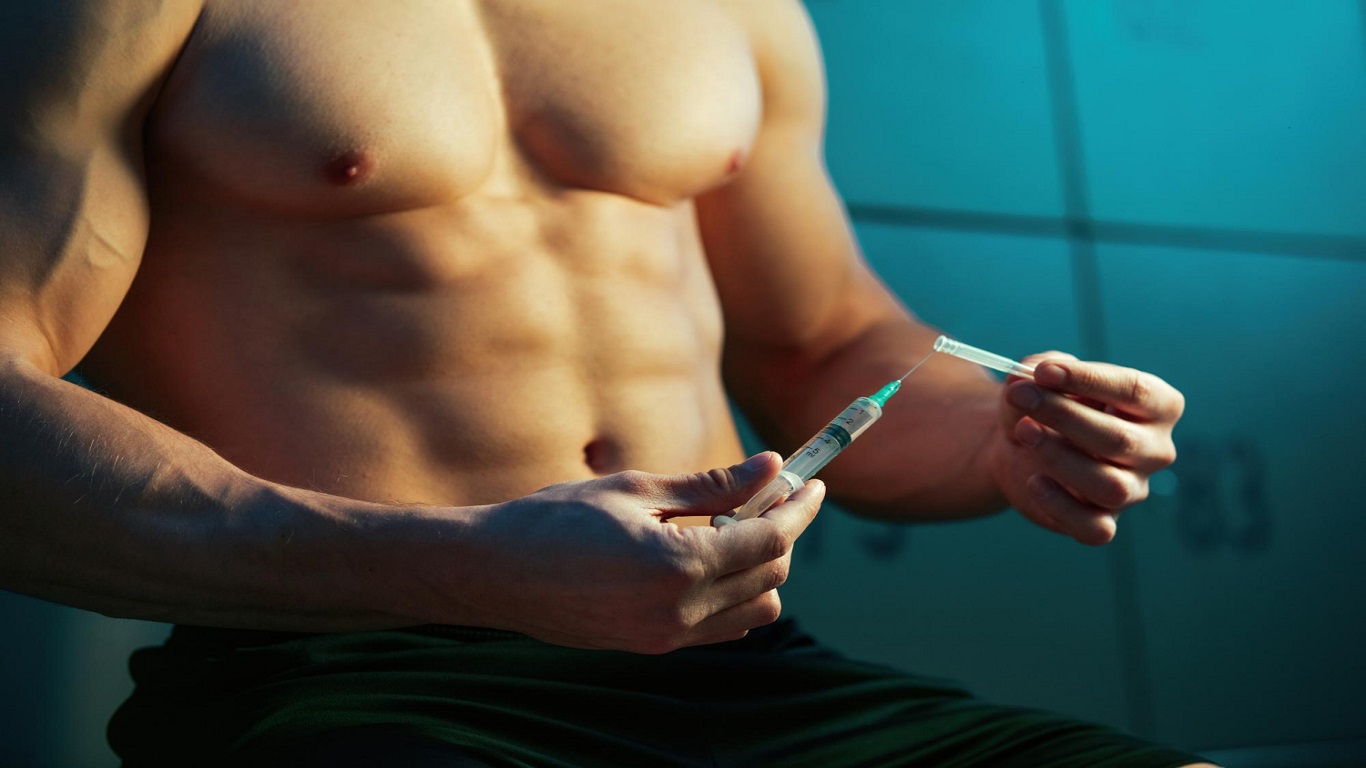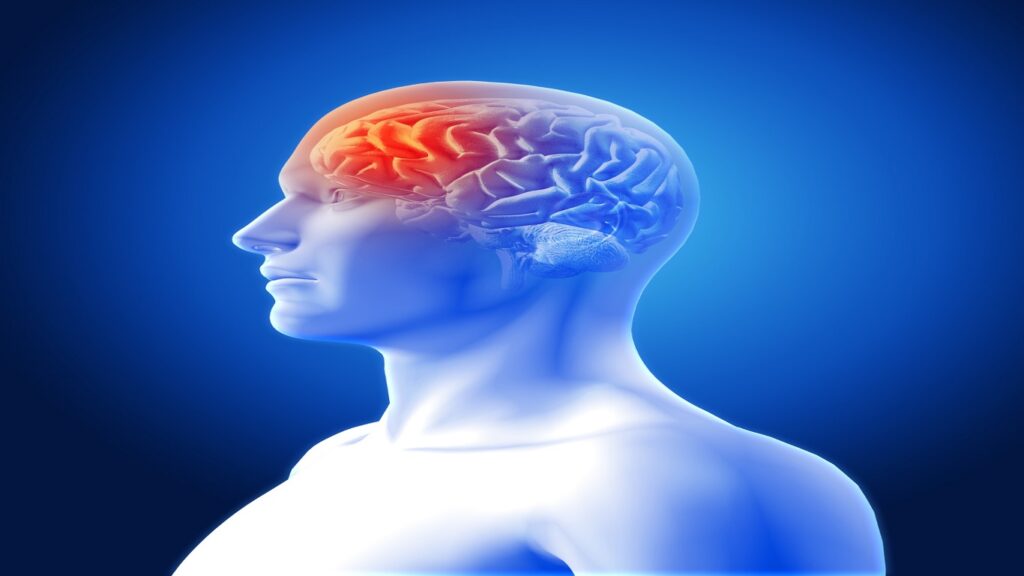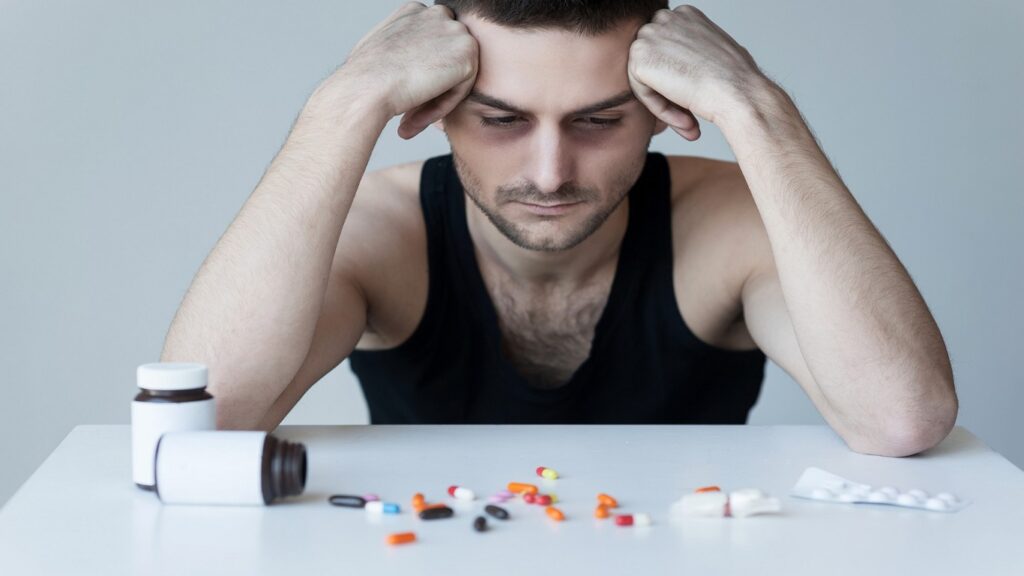What Are The Causes Of Low Testosterone In Men? Know Facts!

Low testosterone in men can bring about numerous unpleasant changes in the body including sexual functioning, mood, muscles, or in other words, male vigour. After a certain age, typically once they cross 30, many men begin to experience a dip in their testosterone levels naturally. But aside from the age factor, there can be several other underlying reasons behind this condition in men (also medically termed Hypogonadism).
The symptoms of low testosterone can be mild in some cases, however, it is still crucial to determine the actual cause of the decline in its production in order to proceed with the appropriate treatment. Keeping this in mind, We have come up with this article with detailed insight into the various causes of low testosterone in men, the symptoms to keep an eye on, when to see a doctor and more. Let’s take a look.
- Hypogonadism may occur at any time – before birth, in the mature years, or even at the adolescent stage.
- Low testosterone can occur due to improper functioning of the testicles or pituitary gland/hypothalamus.
- It is important to get to the root cause behind hypogonadism.
- The severity of the condition plays a pivotal role in selecting treatment plans.
Causes Of Low Testosterone In Men
Depending on the type and the place in the body where the issue is, the causes of Hypogonadism or low testosterone can be broadly categorized into two –
● Primary Causes
● Secondary Causes
These can be further classified into Congenital (inborn or hereditary) conditions and Acquired (developed in a later stage) conditions.
Let’s take a closer look into each of them:
Primary Causes Of Low Testosterone
The primary cause of low testosterone, also called hypergonadotropic hypogonadism, goes down to the primary source- the testicles. Improper functioning of the testes or absence of it affects the testosterone production leading to a deficiency. This is why primary hypogonadism is also often termed a testicular failure.
Here’s a list of the various primary reasons that can negatively affect testosterone production:
Aging
As men age, like any other organ in the body, the testicular functioning also weakens gradually. This leads to reduced sperm and testosterone production resulting in a decline in overall sexual functioning and quality of life.
Undescended Testicles
Also medically known as Cryptorchidism, undescended testicles are a birth condition in which one or both testicles fail to descend to the scrotum. The absence of testis then naturally affects testosterone production leading to hypogonadism.
Klinefelter Syndrome
This is again a genetic disorder in which males are born with an additional ‘X’ chromosome. The condition then leads to low testosterone output and as a result, reveals symptoms of hypogonadism like reduced facial and body hair, muscle mass, etc.
Anorchia
This is a condition in which the testicles are absent in a newborn male. It is a congenital issue and the reason for it is still under investigation.
Testicular Injury
Another common yet major cause of low testosterone production arises from testicular injuries which may damage the Leydig cells and lead to stunted testicles. In some cases, it may even require removal of the organ. Serious injuries can also lead to permanent suppression of testosterone production.
Chemotherapy
We all know that the chemotherapy for treatment of cancer often comes with a range of unwanted side effects. The radiation used in the treatment can have an adverse impact on testosterone production and sperm genesis. While some individuals may gain back the normal body processes including testosterone output in a few months’ time, in the case of some, it may lead to a long-term or permanent halt to the production.
Orchitis
Orchitis is the inflammation of the testicular cells as a result of bacterial or viral infection such as mumps virus, or sexually transmitted bacteria. The condition not only causes pain and discomfort but also affects testosterone production in the aftermath.
Medication And Steroids

Medications as a part of the treatment of certain health conditions, or overuse of steroids (anabolic or others) can affect the overall body processes including testosterone synthesis.
Others
Aside from the above, there are a few other factors like Hemochromatosis, Myotonic dystrophy, Noonan Syndrome, alcohol abuse, or certain kinds of tumors that can have a major impact on testicles and their functioning. This in turn then leads to a decline in the testosterone output.
Secondary Causes Of Low Testosterone
The secondary causes of low testosterone are also known as hypogonadotropic hypogonadism. This involves an indirect influence on testosterone production mainly because of issues associated with the pituitary gland or hypothalamus. The pituitary gland secretes Leutinizing Hormone (LH) and follicle-stimulating hormone (FSH) which trigger the Leydig cells in the testicles to produce more testosterone. When the LH and/or FSH levels are low because of certain health conditions, it affects the testosterone output as well due to inadequate stimulation of Leydig cells.
Here are some of the secondary conditions that can bring down the testosterone production:
Isolated Hypogonadotropic Hypogonadism
It is a condition in which a male person has low levels of gonadotropin-releasing hormone right from birth. This then results in low testosterone levels as well.
Genetic Disorders Associated With Hypothalamus
Kallmann syndrome and Prader-Willi syndrome are two rare congenital conditions that are associated with the hypothalamus. The conditions cause improper functioning of the hypothalamus leading to reduced function of the male gonads which slows down testosterone production.
Disorders Associated With Pituitary Gland
Hypopituitarism and Hyperprolactinemia both are conditions associated with abnormal pituitary functioning as a result of damage due to tumours, treatment, surgery, or injury. They can have a serious impact on the testosterone production in men.
Brain Injury Or Concussion Symptoms

Head trauma is one of the significant secondary causes of low testosterone production if it affects the hypothalamus and/ or pituitary region.
HIV/ AIDS
A study shows that a higher percentage of men suffering from AIDs or HIV show low testosterone levels in addition to loss of muscle mass, and fatigue.
Treatment And Medications
Certain kinds of treatment like radiotherapy or steroidal medicines can affect the pituitary functioning and hypothalamus as much as they do to the testicles directly. This then reduces the secretion of LH and FSH hormone which are responsible for triggering testosterone output.
Body Weight Issues
Obesity is a common problem and affects multiple body functions. Excess body weight can suppress the hypothalamic-pituitary-testicular axis leading to insufficient testosterone production.
Others
Other than the above-listed conditions, some of the other secondary causes of low testosterone include Obstructive Sleep Apnea, inflammatory disorders, and kidney and liver ailments.
When Does Hypogonadism Begin: Symptoms To Look For

There is no set time for the onset of hypogonadism. Since there are numerous reasons behind this condition, it can occur at any stage in life – Fetal stage, adolescence, or adulthood.
Fetal Stage (Before Birth)
During the developmental stage in men, if the fetus has insufficient testosterone production, it develops hypogonadism and a serious deficiency of low testosterone because of poorly developed male sex organs.
Adolescence
Inadequate, or delayed production of testosterone can result in hypogonadism which can interfere with the physical development in men during puberty. As a result, they may have:
● poorly developed sexual organs,
● insufficient growth of muscles
● insufficient growth of body hair,
● breast enlargement,
● lack of voice deepening, among others.
Adulthood
One of the major causes of hypogonadism during this stage is ageing. However, aside from that it may also occur as a result of medication, injury, ailment, chronic stress, poor lifestyle choices, etc. Some of the traits to look out for include:
hair loss from the face and body,
● balding,
● weakening of bones and muscles,
● Loing out on muscle mass
● low libido,
● erectile dysfunction,
● Hot flashes
● Mood Swings
● Anxiety/ Depression
● Lack of energy, fatigue
When To See A Doctor
It goes without saying that acting promptly without any delay is vital. Therefore, whenever you notice the very first signs say something isn’t right, or start experiencing mild symptoms like delay in facial hair growth, low sex drive, mood changes, etc., you should consult a doctor without delay. This will give you broader and less serious treatment options when compared to serious low testosterone conditions.
The doctor may run some tests to diagnose the issue from the root level and suggest treatment options. Also, the sooner you start the treatment or take measures, the better the chance of tackling the situation.
Prevention
As rightly said- prevention is always better than cure. There might not be much to do if the hypogonadism results from genetic issues. However, if it occurs as a result of various acquired reasons like ageing, treatment, injury, or medication, or you are still in your early teens and need to act early, there are chances of bringing changes in your testosterone levels in the following ways:
● Make a healthy lifestyle choice and adhere to it
● Work out regularly
● Follow a healthy and testosterone-boosting diet
● Take natural testosterone-boosting supplements (only for 18 years and above)
● Manage your weight from early on
● Limit alcohol consumption if you are an adult
Conclusion
So now you know the various causes of low testosterone. While some conditions of hypogonadism are genetically acquired and comes from before birth, in many instances the condition might be acquired at a later stage due to factors like aging, as a side effect of medicine etc. The good thing is, there can be ways of improving your testosterone production depending on the severity of the condition. The only thing that is needed is early and timely diagnosis and choosing a healthy lifestyle. Hope this article helps you find your answers on low testosterone issues, symptoms and what to do when detected.
